Meet EPC, Sponsor of WILD12!
In this Q&A, we delve into the work of EPC, an environmental consultancy with a deep commitment to wilderness preservation. Discover how their expertise in environmental impact assessment and mitigation is pivotal in protecting natural landscapes and learn why their support for WILD12 is a natural extension of their mission to advance wilderness protection.
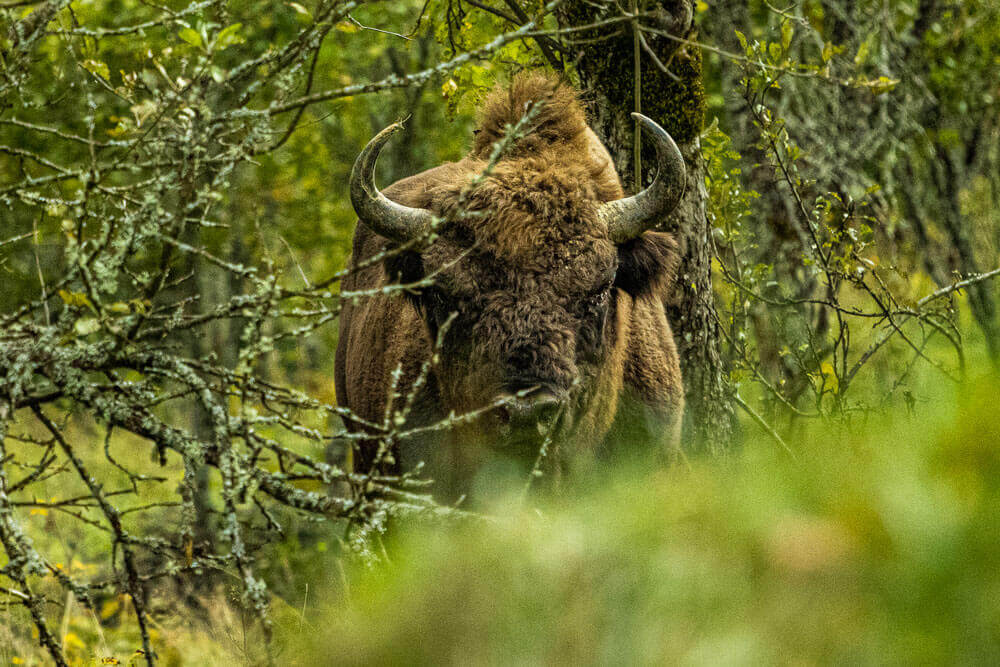
What is environmental consultancy, and why is it crucial in today’s world?
Environmental consultancy is the field of work in which environmental experts, usually as a multi-disciplinary team, provide assistance to project owners, developers, policy makers or other stakeholders, on the topic of environmental protection, for their specific needs.
The main contribution of environmental consultants is represented by the identification and quantification of the effects generated by the proposed plans and projects, as well as by the modeling of spatio-temporal behavior of different types of impact. Basically, this would represent a quantified basis necessary for taking a decision regarding the selection of the plan or project alternative which has the smallest impact on the environment.
How does environmental consultancy subtly contribute to protecting wilderness?
In many countries, as is the case also for Romania, wilderness areas are not officially designated. In many cases, even the process for the identification of these areas is not started. Therefore, consideration of wilderness in plans and projects of socio-economic development needs technical expertise, which can be provided by environmental consultants. EPC Consultanţă de mediu has elaborated, in 2012, a methodology for mapping wilderness areas, which was adapted for the conditions in the mountainous areas of Romania (the methodology was published in 2016 1 ).
At the same time, environmental consultancy has an essential role for considering wilderness in the processes for assessing the impact of proposed plans and projects especially in these countries where wilderness areas are not officially designated.
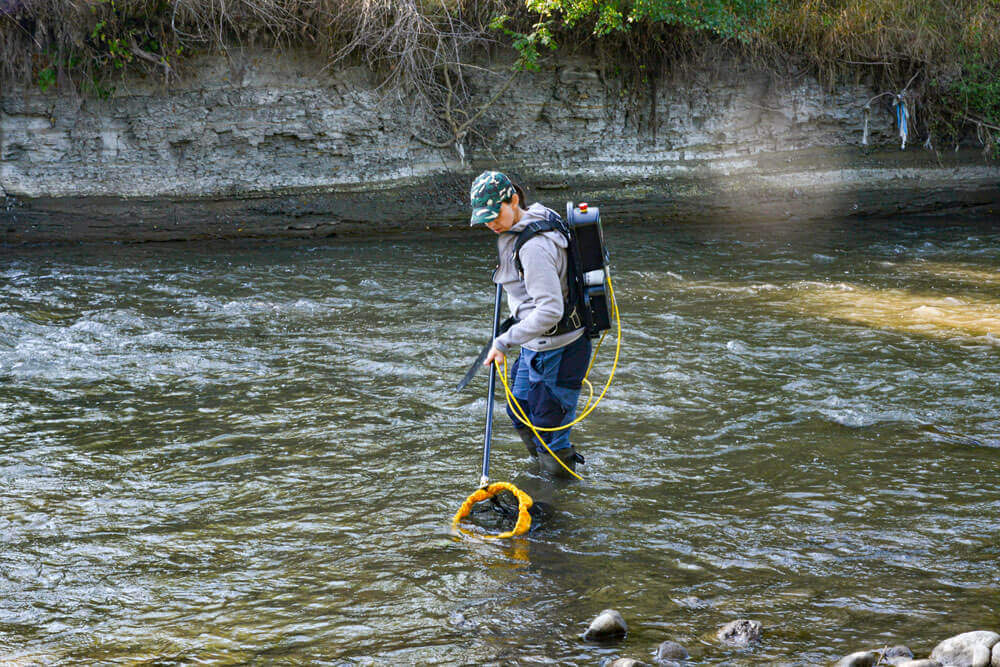
1 Măntoiu, D.S, Nistorescu, M.C, Şandric, I.C., Mirea, I.C., Hăgătiş, A., Stanciu, E., 2016, Wilderness Areas in Romania A Case Study on the South Western Carpatians, published in Carver, S.J.,Fritz, S., 2016, Mapping Wilderness: Concepts, Techniques and Applications, Springer, ISBN 978-94-017-7399-7 https://link.springer.com/book/10.1007/978-94-017-7399-7
What inspired your decision to support an event like the 12th World Wilderness Congress, known for its focus on advocating for wilderness protection?
Wilderness represents one of the most valued components of the natural environment, respectively those areas which are the least influenced by humans. We have always militated for considering the wilderness character both in the management of natural protected areas, as well as in the application of the mitigation hierarchy. In the last 14 years we were constantly involved in projects for the identification of wilderness areas, management of these types of areas inside natural protected areas or restoration of wilderness areas.
We are directly interested in creating this bridge between preoccupations related to wilderness protection and the best practices for the identification and assessment of impact for plans and projects. Through our implication in supporting WILD12 we hope to raise awareness in relation to wilderness, both for our clients, as well as our partners and for other environmental consultants as well.
For us wilderness is like a core value and therefore it makes sense to support the most important event dedicated to wilderness in the world. At the same time, in Europe, two important issues are starting to take shape: designation of non-intervention areas and the adoption of the Nature Restoration Law by the European Union. We believe that the WILD12 debates and outcomes will represent an important support for these two issues.
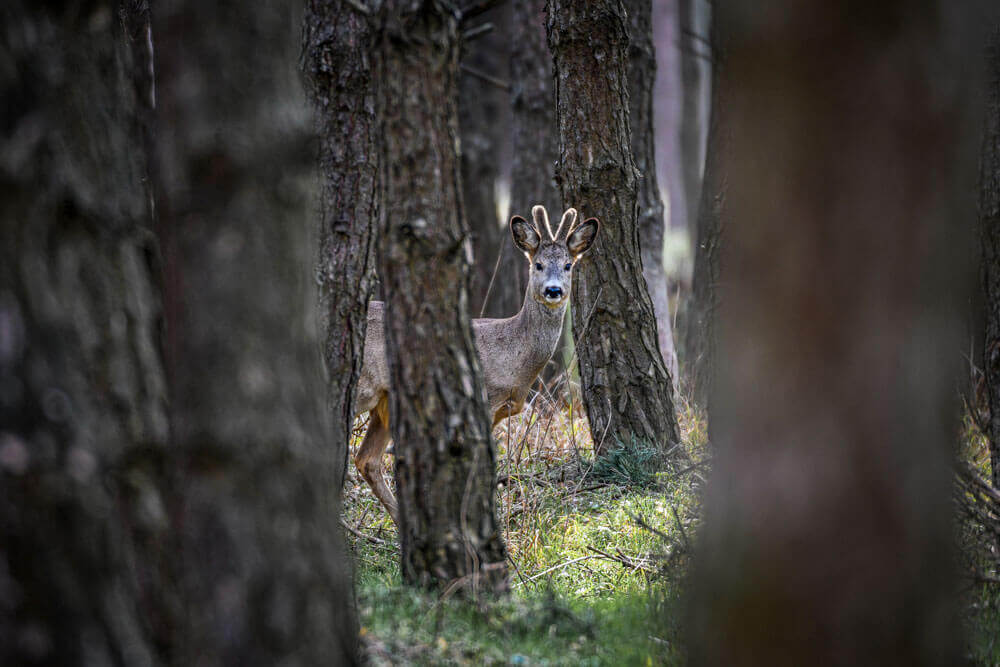
Thank you again to EPC and its team for their contribution to WILD12 and for making the congress a reality.
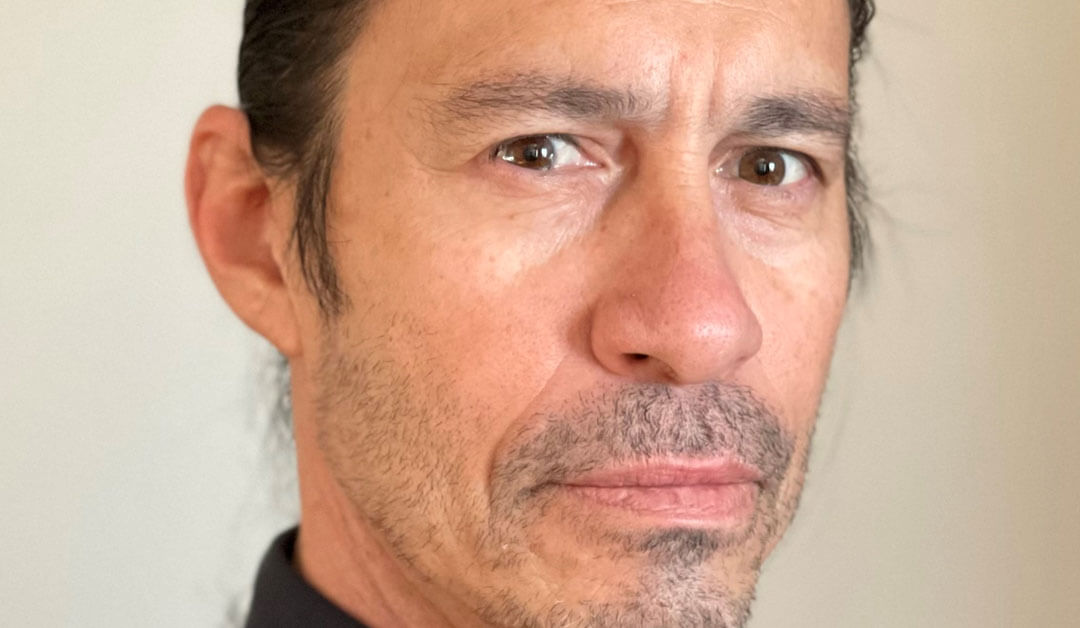
Speaker Announcement: Reed Robinson
Reed Robinson is the director of the Office of Tribal Relations for the USDA Forest Service.
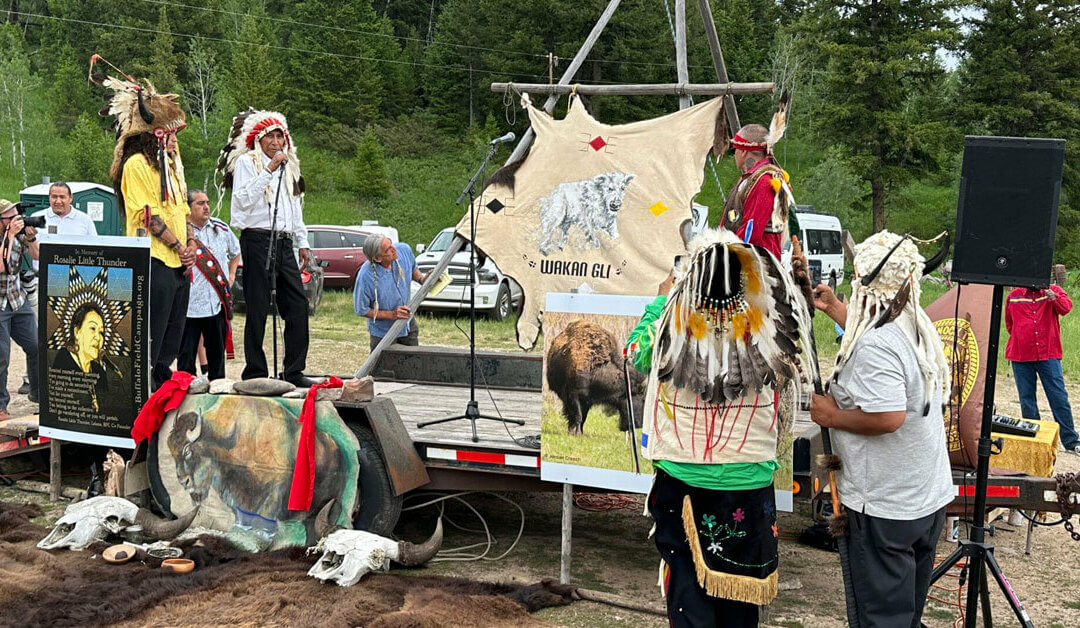
‘Sacred Return’: Tribal ceremony honors birth of prophesied white buffalo calf (link)
Chief Looking Horse presides over ceremony to honor calf attended by 500 people just west of Yellowstone National Park.
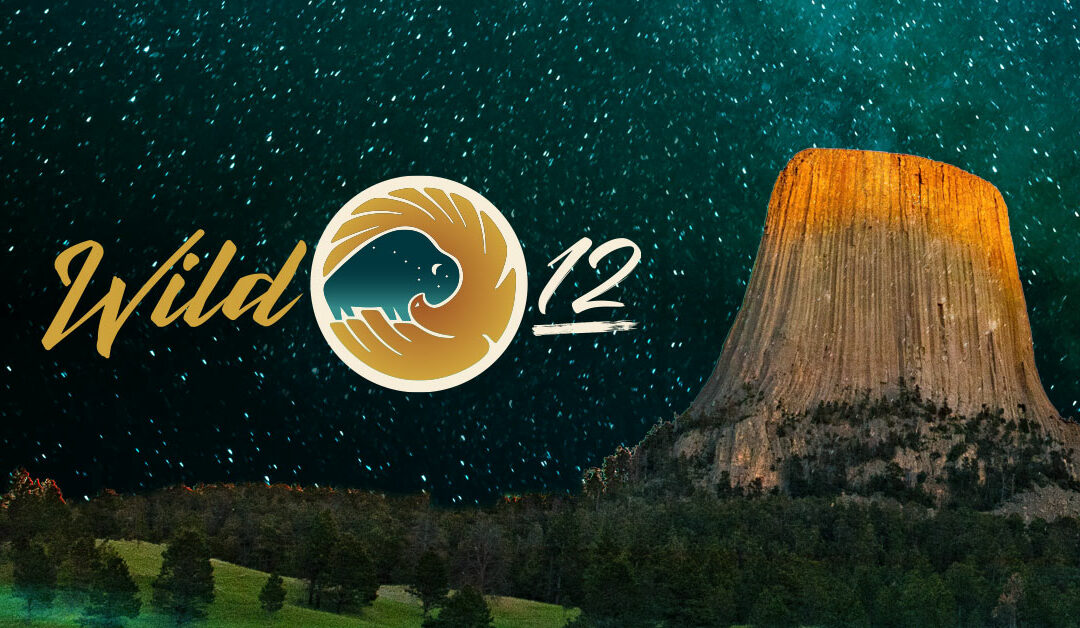
Resolution Guidelines
The World Wilderness Congress is unique among civil society environmental foras as it provides the public a direct and concrete instrument for setting the global environmental agenda: resolutions.
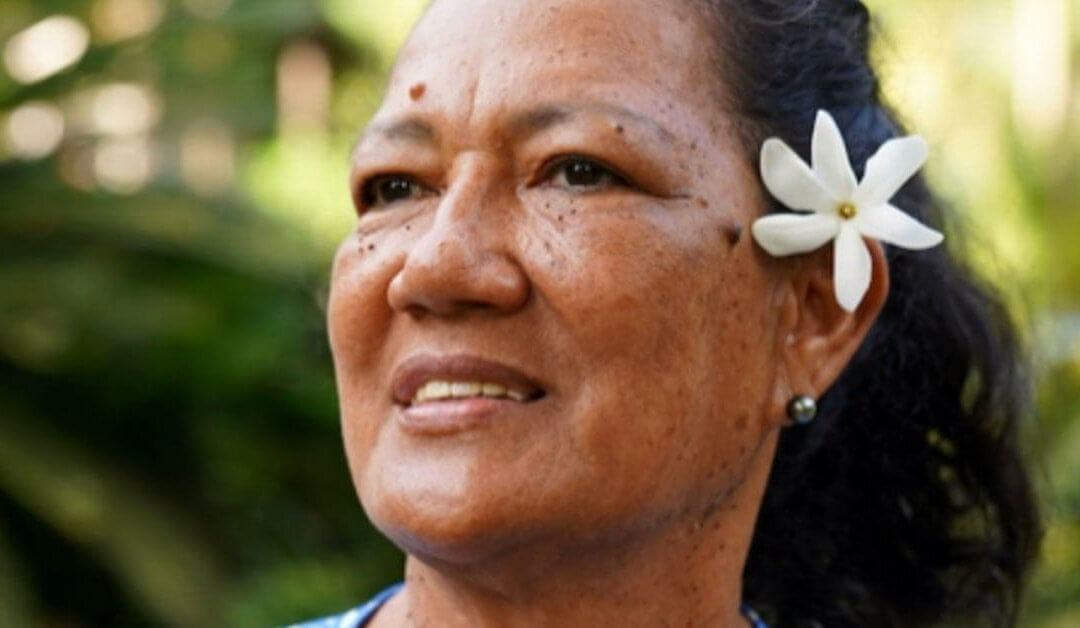
Speaker Announcement: Hinano Murphy
Hinano Murphy is a widely recognized expert in Tahitian cultural history. She grew up on Moorea and Tahiti learning oral traditions from her elders.

Tribal Data Sovereignty
Tribal data sovereignty refers to the right of Indigenous Tribes or Nations to control and govern their own data. It emphasizes the autonomy and self-determination of Indigenous communities.

Wolakota Code
The premise of the Lakota society is based on respect or Waohola. Lakota traditional ways inform us that the following are good practices if one seeks to embody respect.
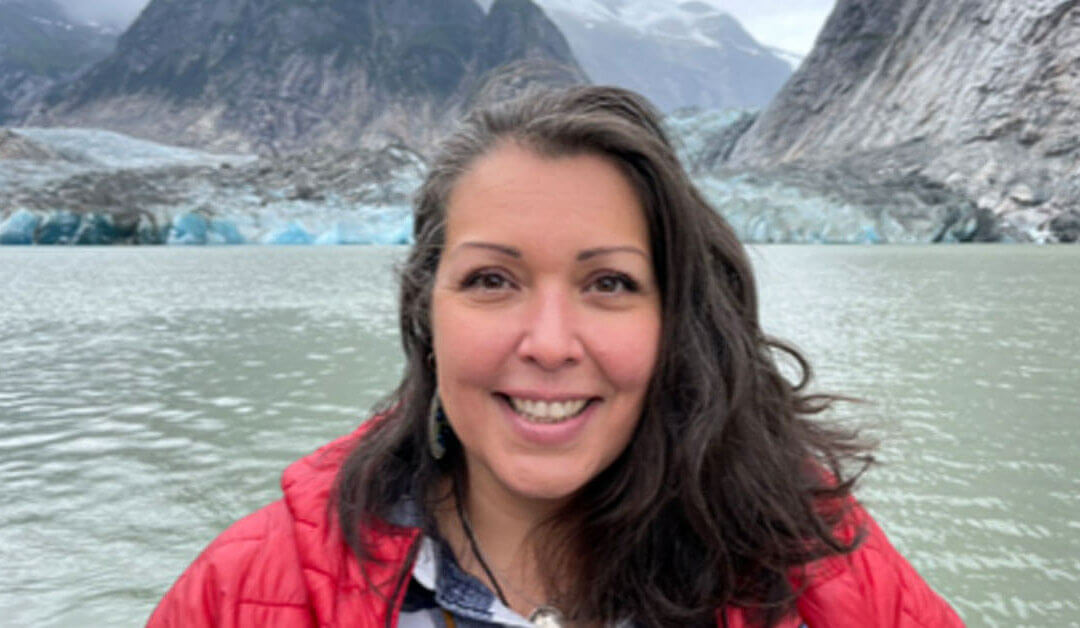
Speaker Announcement: Meda Dewitt
Meda Dewitt is a Lingít traditional healer, certified massage therapist, ethno-herbalist, educator, and virtual and in-person events coordinator.
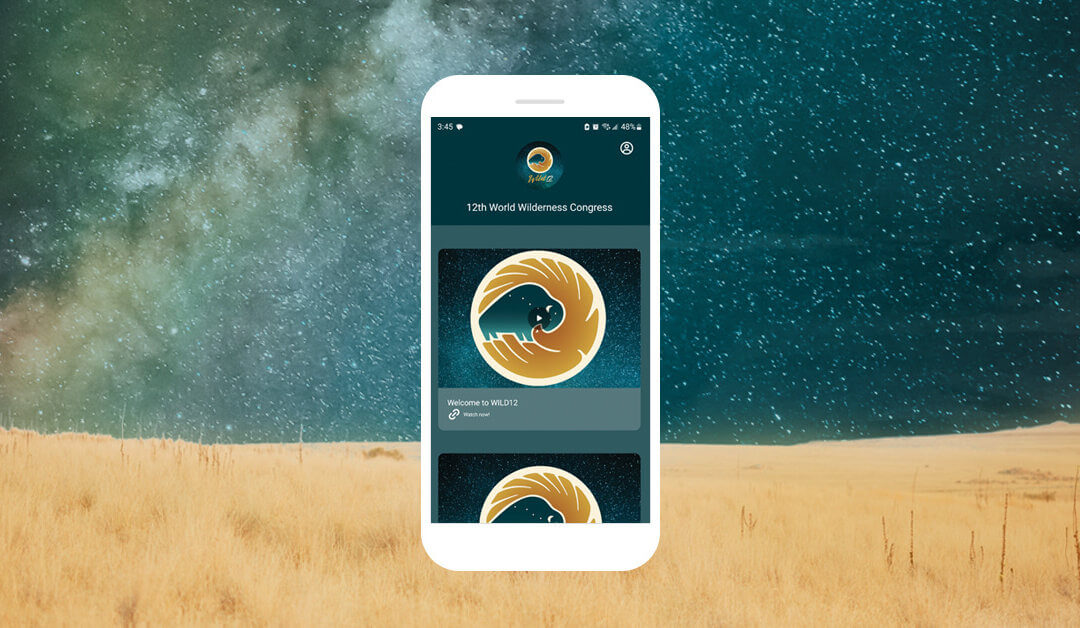
Experience WILD12 With Our New App!
Designed with ease and connectivity in mind, this app is your ultimate tool to stay updated, organized, and engaged throughout the event.
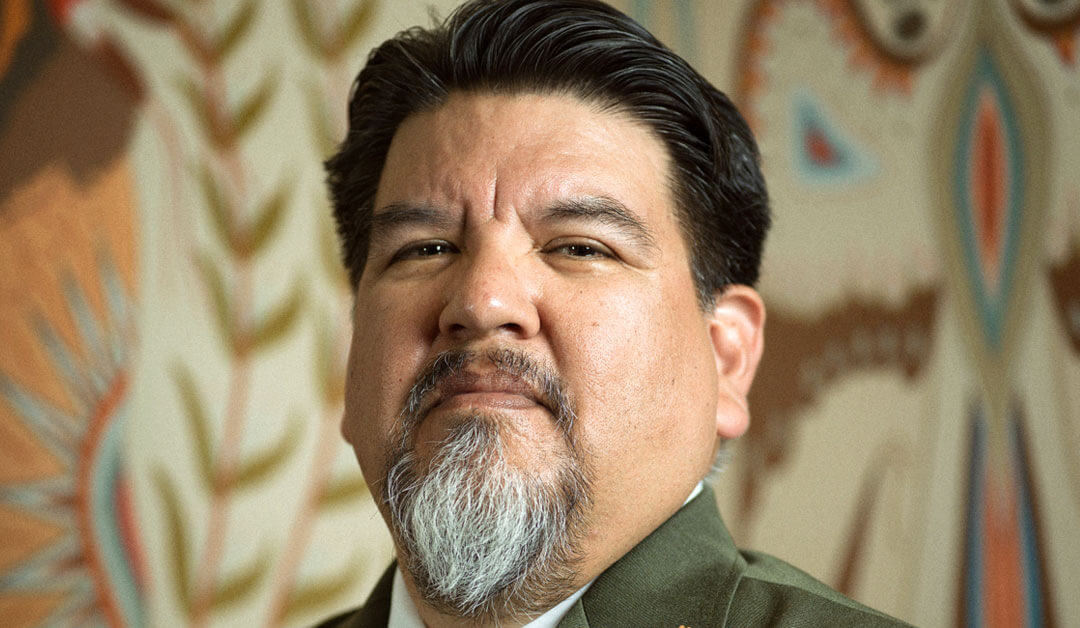
Speaker Announcement: Charles F. Sams III
Charles F. “Chuck” Sams III was ceremonially sworn in as the 19th director of the National Park Service on Dec. 16, 2021, by Interior Secretary Deb Haaland.
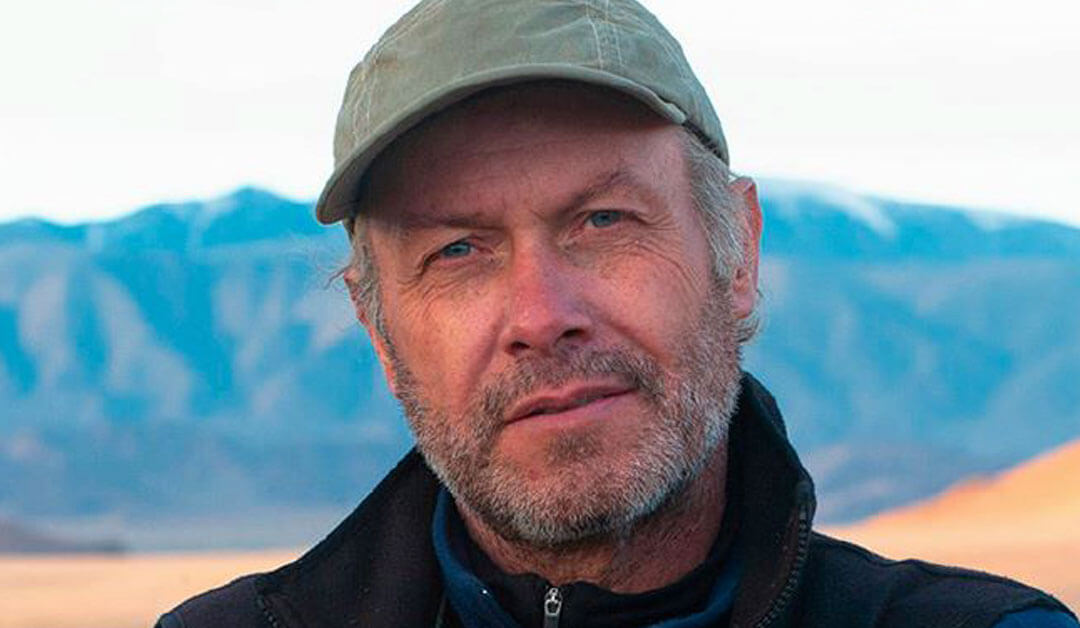
Speaker Announcement: Patricio Robles Gil
Patricio is the Founder of two Mexican conservation organizations that worked with endangered species and securing biodiversity wildlands.